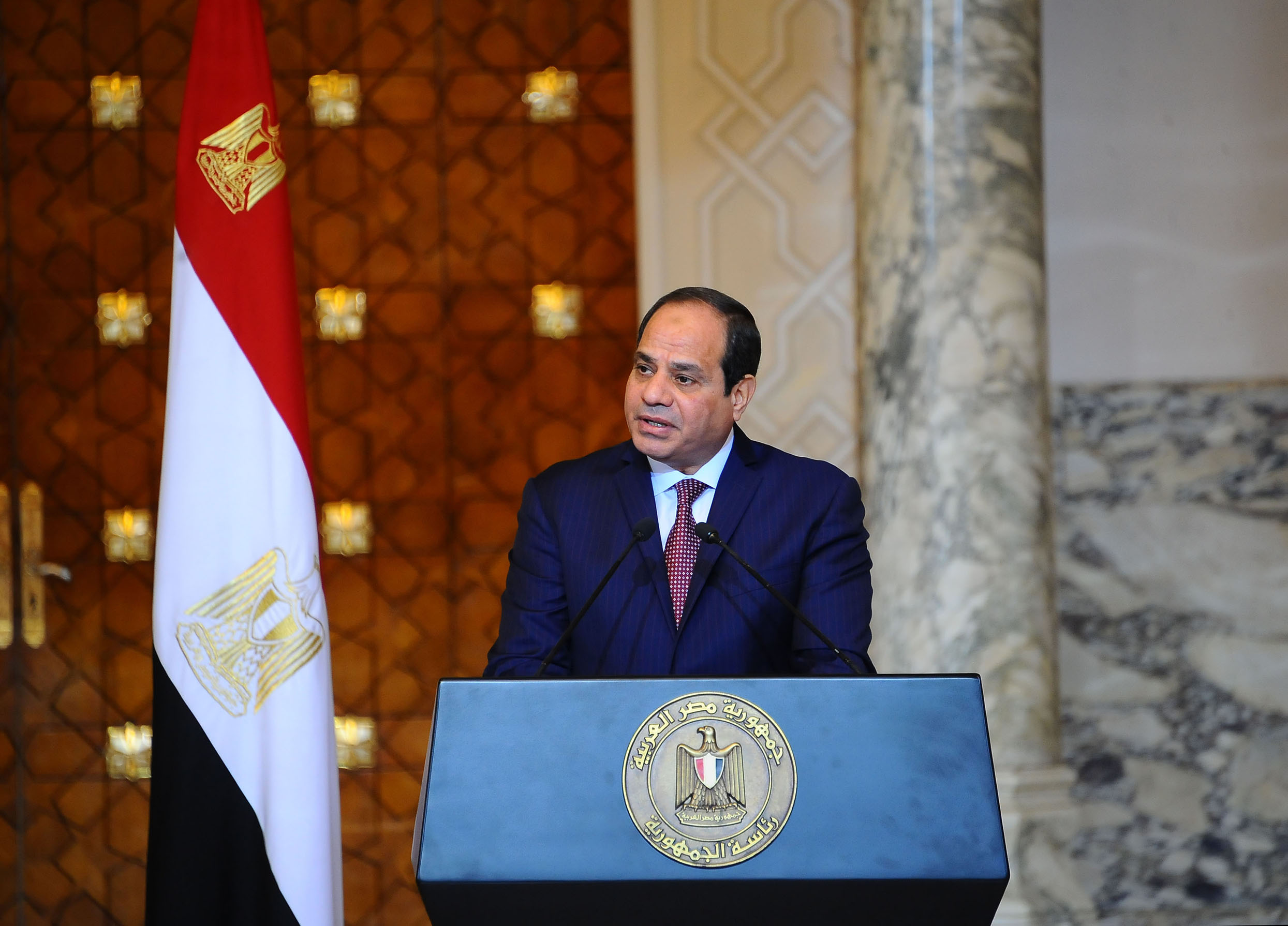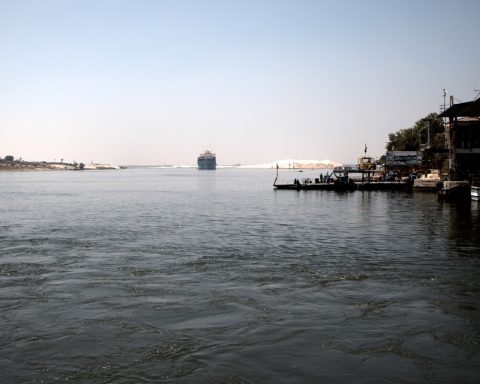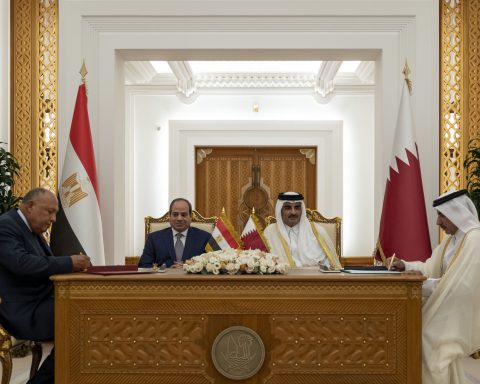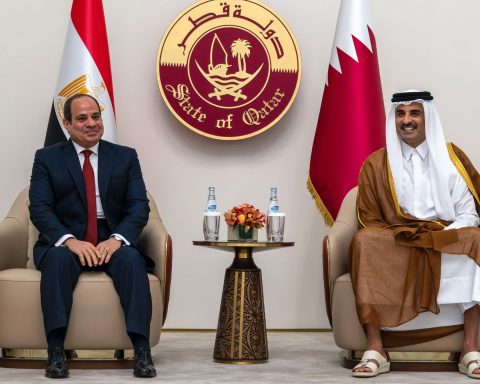Egypt’s President, Abdel Fattah El-Sisi, reassured citizens that Egypt’s share of the Nile’s water will not decrease, warning against the consequences of overpopulation. Sisi made the statements while touring the food industry city “Silo Foods” in the Menufiya governorate with editors-in-chief and media personalities.
The president stated that the state is working hard to make water available and maintain agricultural fields, stating that overpopulation will cause a water shortage. Fighting encroachment on agricultural fields, according to Sisi, should be a primary concern for the Egyptian countryside.
Ethiopia announced the completion of the second phase of filling the Grand Ethiopian Renaissance Dam (GERD) reservoir, despite Egypt and Sudan’s rejection of this step unless the three nations achieve a definitive agreement. Egypt and Sudan agree that a comprehensive, legally enforceable agreement on the dam’s filling and operation is necessary to protect their water interests and people’s rights on the Nile River, which both nations rely on heavily.
Sudan Irrigation Minister Yasser Abbas told the press that the second phase of filling the dam only added four billion cubic meters of water at most, far less than Ethiopia’s announcement. Sudan will benefit from GERD, according to Abbas, if information about the Renaissance Dam is exchanged in compliance with a legally enforceable agreement.
On July 8, Egyptian Foreign Minister Sameh Shoukry and Sudanese Foreign Minister Mariam Al-Mahdi spoke at the United Nations Security Council (UNSC) about the dangers posed by the GERD project to their people and their water rights if no formal agreement is reached between the three countries. Ambassadors from UNSC member nations also emphasized the importance of resuming discussions on GERD under the auspices of the African Union as soon as possible, and several offered assistance in the matter.














